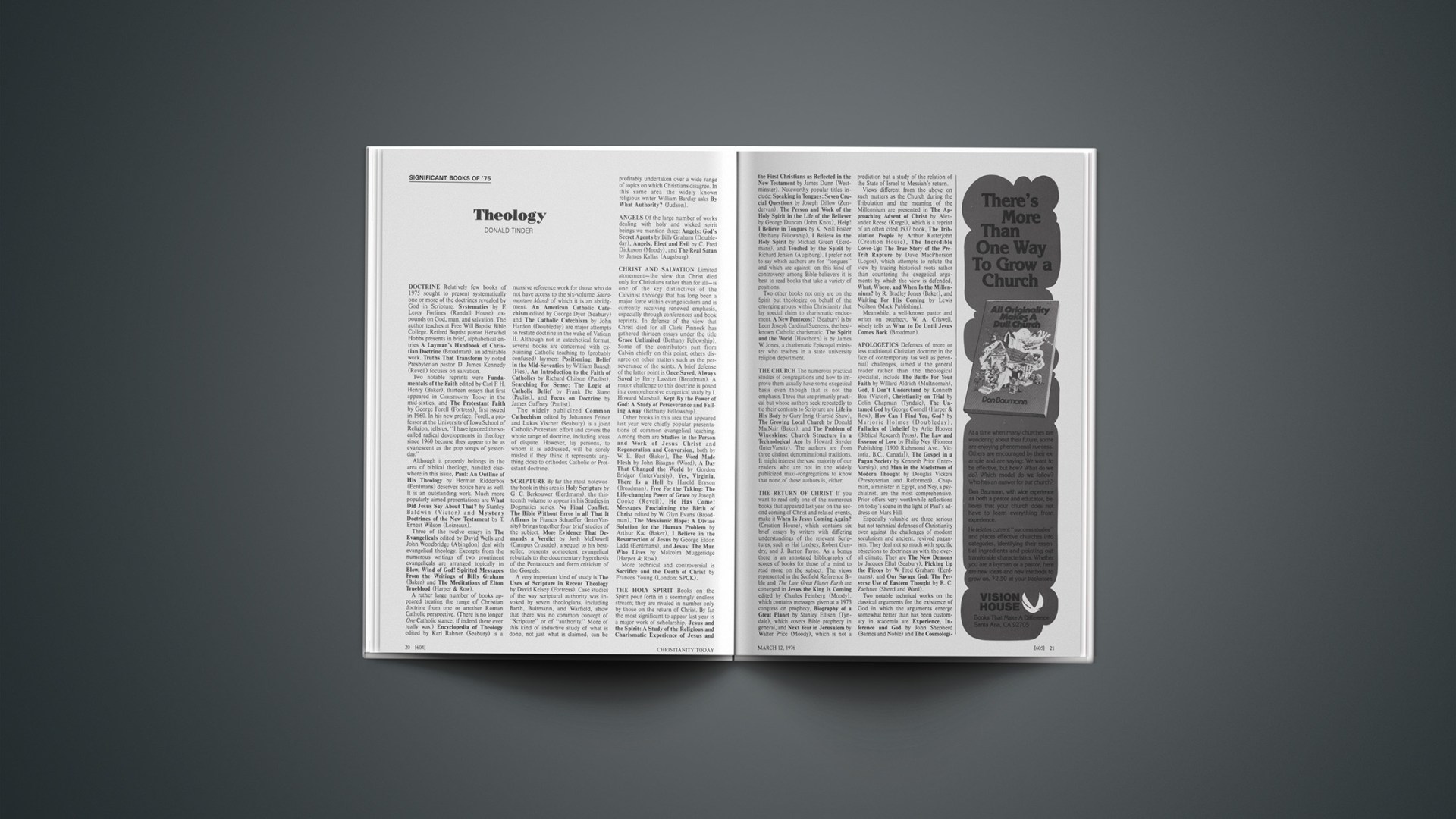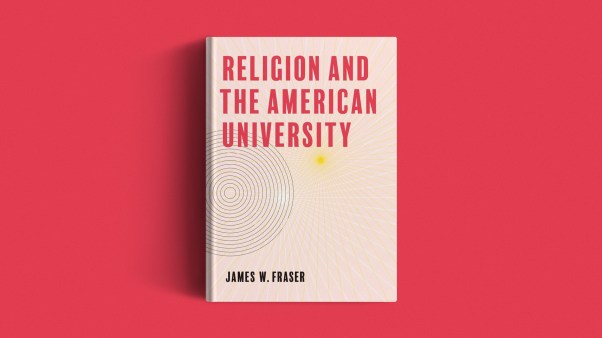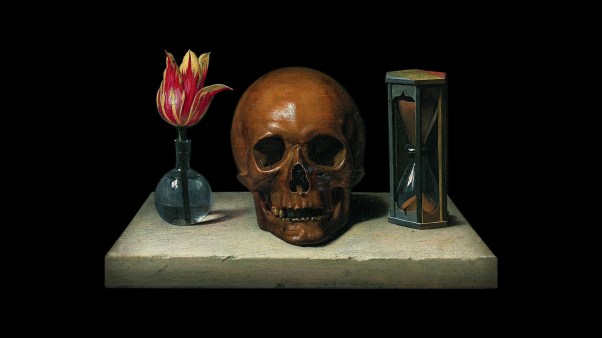Public television could not have chosen a better historical tale for this bicentennial and election year than that of the remarkable Adams family. “The Adams Chronicles,” spanning a century and a half of American history, certainly puts politics into proper perspective.
What with pleas from Thomas Jefferson and the republicans for a presidential candidate who can unite the country and cries from Alexander Hamilton and the federalists for someone with sound economic and foreign policy I became convinced that contemporary campaign speechwriters had copied our nation’s first politicians. The way in which the XYZ Affair was leaked to the public sounded uncomfortably familiar, as did the secret dealings of French and American ambassadors. As American Film noted in its cover story on the series, “In the course of the Watergate hearings no other figure in American history was quoted as often as John Adams, hard-bitten moralist that he was.”
The thirteen-part, $5.2 million series, now half over, not only informs us about our country’s birth but shows us how little politics has changed. Our founding fathers used Christianity for political gain just as some politicians do today. During the continental congress, for example, Ben Franklin wanted a certain pious clergyman to lead a meeting in prayer. His presence was good politics, even if his prayers were long and tedious. John Adams understood and agreed.
The series should go far in correcting the widespread idea that those men who formed our government did so from religious, if not specifically Christian,motivations. The faith of John Adams and his family (his wife Abigail was a minister’s daughter) is not strong or particularly Christian. As we see with the deaths of some of their children, the Adams family is plagued by fierce doubts about even the existence of God.
WNET in New York, which produced the chronicles, made sure that it was well researched. Writers checked the scripts with historians armed with over 300,000 pages of diaries, letters, and other papers. Not only are the scripts accurate, they also are meticulously and cleverly written. The writers depict real persons, not the cardboard characters from history books or classes. Textbook writers ought to take a cue from them.
George Grizzard’s powerful portrayal of John Adams grows and mellows as Adams ages. And the rest of the cast matches Gizzard’s fine acting. The technicians who taped the episodes and the persons who edited the tape give the series a feeling of flow and movement not often seen on television.
The people who shaped our nation struggled with ethical and spiritual issues, with political and personal problems. How much, wondered president John Adams, do the people have a right to know about the internal affairs of governing a nation? A week after that episode first aired Shana Alexander and James Kilpatrick on 60 Minutes’s “Point Counterpoint” wondered the same thing.
If you have not tuned in “The Adams Chronicles” do so before the series ends. Or, catch the reruns. There’s more to learn than a lesson in American history
CHERYL FORBES
Church Music—An Alabaster Box Or Mess Of Pottage?
Like everything else, church music is costing more these days, and it is more than ever important that we get our money’s worth. Professional church musicians complain that when budget decisions are left to non-musical laymen or ministers, this may not always happen.
The issue was dramatized recently by a news release from Utah that caused an unusual degree of anxiety among organists and pipe-organ builders. It seems that the leaders of the Church of Jesus Christ of Latter Day Saints (Mormon) have decreed that all their new church buildings should contain only electronic organs. It is stipulated that a $4,000 to $5,500 instrument is good enough for a parish (“ward”) and an $8,300 to $9,300 organ is adequate for a diocesan (“stage”) “meeting house.” The directive explained that “economic differences in various wards and stakes should not determine the type or size of organs.… Simplicity is desired in all chapel furnishings, including the musical instruments.”
Perhaps the greatest affront to the dignity of church musicians is couched in the stated judgment that “relatively few persons are actually capable of distinguishing significant difference between the sounds of the two types of instruments” (electronic organs and pipe organs). Today’s ears may be dulled by urban noise and high-decibel rock music, and many people may honestly prefer the sounds of a “country guitar” to those of a symphony orchestra. Still, since when are decisions about a church’s architecture—or plumbing—or organ tone—based on whether most people “can tell the difference”?
The quality of electronic organs has improved tremendously in recent years, and with good acoustics some give a fair representation of pipe-organ tone. The cost of a good electronic organ will depend partly on the size of the room in which it is installed. Beyond that, the quality of sound is in direct relation to the expenditure. It is hard to believe that an adequate instrument could be purchased for a minimum of $4,000 or a maximum of $9,300. Triple those figures, and maybe … There is still room for debate on the question of ultimate cost. Pipe-organ components can be used over several generations. On the other hand, the science of electronics advances so rapidly that a ten-year-old electronic organ is probably obsolete.
The issue is clouded by the example the Mormons have set in their music broadcasts. It is inconceivable that the superb Tabernacle organ may one day be replaced by even the finest electronic instrument. Or should we guess that the excellence of the choir and organ music has more to do with public relations than with the aesthetics of worship? Is it churlish to suggest that some intolerable theology has passed unchallenged because of the delightful sounds of the famous Tabernacle Choir, accompanied by Alexander Schreiner or Frank Asper at the great organ?
Albeit, this is not the occasion for evangelicals to throw stones from inside glass houses! Too many of us have made the questionable decisions about church music budgets, crediting them to “our missionary vision.” In some churches a forty-year-old Hammond is still wheezing away, at considerable pitch-variance with the untuneable spinet piano. In others, the choir has no budget for new music and is thumbing through an outdated, dog-eared hymnal. A few groups have aspired to a professional ministry to develop the musical talents of members, but have been unwilling to support it adequately from the pocketbook.
It isn’t true that there are no funds for music. We hear rumors of a gospel singer who was paid $1,000 a week (plus expenses) to sing three songs on a church’s Sunday-morning national telecast. Many popular personalities are now booked by talent agencies, with high fees for appearances at sacred concerts, church banquets, and the like. Our local religious radio station regularly offers tickets, at up to $6 each, to hear “your favorite gospel musicians” in the 5,000-seat Convention Center.
Dr. Ray Robinson, president of Westminster Choir College and an old friend from Youth for Christ rally days, identifies this phenomenon as “religious entertainment” and suggests it is the legitimate offspring of the marriage of religion and show business. Some others are not quite so sure. Where does religion end and entertainment take over? At best, it is a sharing of Christian experience from sincere performer to dedicated listener. At worst, it may be a pseudo-religious happening that, like Esau’s “mess of pottage,” is highly palatable but is much too costly, mostly because it may supplant true worship.
I hope that I do not seem to be speaking in the same authoritarian spirit exhibited by our friends in Salt Lake City. One would hesitate to argue with the church that decides it cannot afford an expensive organ or a professional music ministry at the moment because of its commitment to preach the Gospel and feed the hungry worldwide. But it is well to remember Jesus’ answer to those who contended that the former harlot’s costly ointment should have been sold to help the poor, instead of being poured over his feet in extravagant love. Every congregation of redeemed sinners has the right to choose what its own “alabaster box” will contain. If even a small group of believers decide that a pipe organ is necessary to express their adoration, I say “Amen”—right on!
Admittedly, this is related to “taste” in church music, and someone will argue that one person’s alabaster box is another’s mess of pottage. Well, perhaps—but each of us should make sure which he is paying for. Like the biblical counterparts, one is costly self-indulgence and the other is sacrificial worship.
DONALD P. HUSTAD
Donald Hustad is V. V. Cooke Professor of Organ at Southern Baptist Seminary, Louisville, Kentucky.










